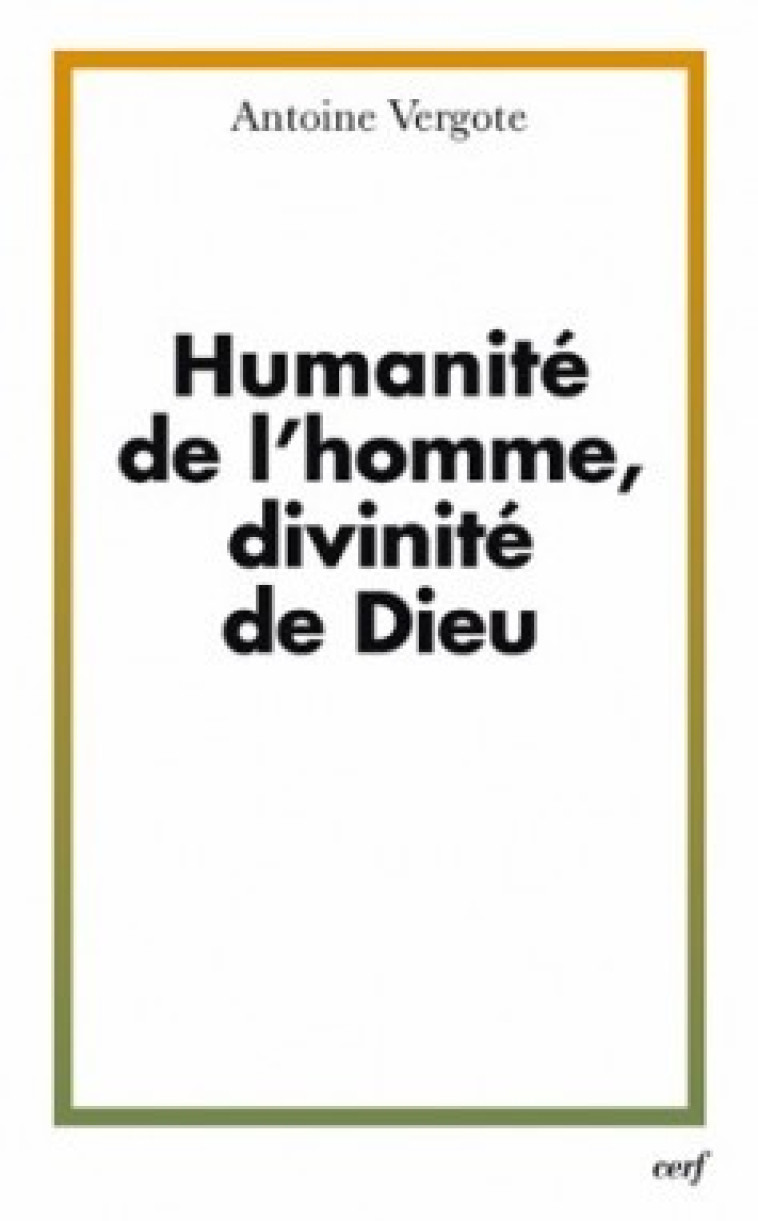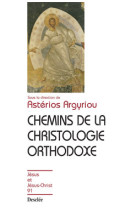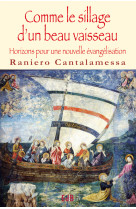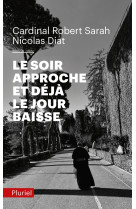Humanite de l'homme, divinite de dieu
Antoine vergote
Cet ouvrage présente d'abord une anthropologie philosophique. On y considère l'homme comme l'être personnel, doué de langage, désirant le bonheur, devenant capable d'aimer, conscient aussi d'un englobant, mais non identifiable, mystère divin. Selon Antoine Vergote, la raison philosophique ignore le Dieu personnel. Elle prépare plus ou moins à l'entendre là où Il s'est énoncé par les prophètes d'Israël, puis de manière unique par et en Jésus de Nazareth. Informé par les meilleures études historiques, l'auteur explore la figure de Jésus surtout, il l'écoute parler en première personne du lieu de Dieu. Cela conduit le lecteur à s'associer aux premiers disciples qui, après la mort ignominieuse de Jésus, ont en peu de temps cru en son exaltation divine et qui, selon les indications de Jésus, ont fondé la nouvelle communauté monothéiste.
--
This book is essentially a philosophical anthropology. Man is considered as a personal being, endowed with language, seeking happiness, developing a capacity for love, and also conscious of an all-encompassing, but unidentifiable, divine mystery. According to Antoine Vergote, philosophical reason ignores the personal God. It more or less prepares man to hear Him where He is expressed by the prophets of Israel, then, in a unique way, by and in Jesus of Nazareth. Referring to the best historical studies, the author explores the figure of Jesus. Above all, he listens to Him speaking in the first person, in God's place. This enables the reader to identify with the first disciples who, after the ignominious death of Jesus, soon after believed in His divine exaltation and who, following Jesus' instructions, founded the new monotheistic community.









